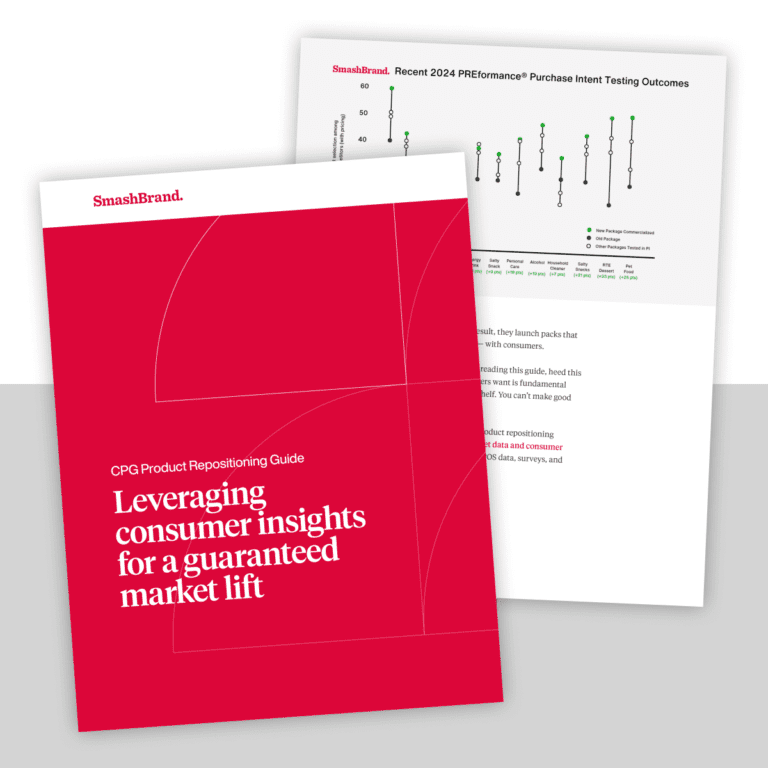Shockingly, stunningly, amazingly and breathtakingly, roughly 70 percent of businesses surveyed by the United States Census in 2012 did not have a website. As we’re sure you know, this is like discovering that 70 percent of businesses do not have telephone or office paper.
How is this possible? Can we, in the 21st century, really afford to ignore the primary method by which we glean our information? How do these enterprises promote their services? By carrier pigeon?
Maybe the 70 percent thinks that having a business Facebook page is enough. Pardon us while we laugh uproariously behind our hands.
It’s probably fairly clear where we stand on the issue. Up to this point, we’ve only discussed the importance of keeping your website fresh and up to date; we hadn’t thought it necessary to point out that you should actually have one. Perhaps we shouldn’t have assumed. Maybe it’s our fault. Well, you should have one. There! We’ve done our bit.
In case our telling you flat out that you, as a business owner, should have a website (and have one pronto) isn’t enough to galvanize any action on your part, allow us to delineate the various benefits of creating a website via the use of paragraph breaks and bold section titles, starting with:
Your website is your business’ calling card.
For those of you too young to know what a calling card is (all of you, possibly), a calling card was a small strip of thick paper embossed with a person’s name, address and decorative flourishes that was distributed by 19th century dandies looking to swindle fortunes from middle-aged spinsters.
Naturally, a calling card had to be tight if it was going to entice anyone, just as today a website has to be tight if it is going to affect a customer base. In a world where 11-year-old children have their own websites, it is fairly inexcusable for a proper business to either be without one or have one constantly under construction. If a business can’t manage building up a simple website, how can it manage the services or products it was meant to provide?
A website introduces a business to diverse demographics.
If you’re relying on 100 percent word of mouth (even if that word of mouth is excellent), your business is in for a slow crawl to oblivion. Having a website is your first stop on the marketing highway. No one is saying that you have to start an aggressive campaign with social media ads and commercials and aerial banners, but a website will help propel your search engine rankings and credibility skywards. And that’s the holy grail for all businesses, isn’t it?
A huge percentage of people are first introduced to businesses and services via search engine, and what do search engines find? Websites. We would even venture to say that more people look for businesses via search engine than looked for businesses using the Yellow Pages thirty years ago, simply because of the convenience factor (we have absolutely no data supporting this, but it certainly seems true).
As we’ve mentioned before (in a mildly sardonic way), a Facebook page doesn’t count as a website. Let’s say that again so we’re clear: A FACEBOOK PAGE DOESN’T COUNT AS A WEBSITE. We’re not discouraging having a Facebook page in addition to your well-crafted website (there really isn’t any way around it if you want to interact with your customers more or less constantly). Still, there is a cheapness factor to using social media as your exclusive Web presence. As all captains of industry will tell you (particularly those who use extremely clichéd terms), you have to go big or go home.
We could go on, but all of this information is so basic it’s like reminding you to fill your lungs with air to avoid asphyxiation. No matter what kind of business you have – retail, hospitality or whatever – if you have any aspirations towards growth and eventual repayment of startup loans, you will need a website immediately. You can start your website journey by giving us a call. Want to know where you can find our information? On our website, baby.
Data-Driven Brand Development
Want a best-selling brand? SmashBrand is a brand development agency for FMCG and CPG companies. From brand strategy to packaging design testing, our Path To Performance™ process guarantees a retail performance lift. Book a time to discuss your project with our team.
Subscribe to
Nice Package.
SmashBrand’s Nice Package: Stay current with our latest insights
Free Resource.

CPG product repositioning guide.
Explore the five undeniable signs your CPG product needs repositioning along with strategies for leveraging consumer insights for a guaranteed market lift.
Download Whitepaper About CPG product repositioning guide.